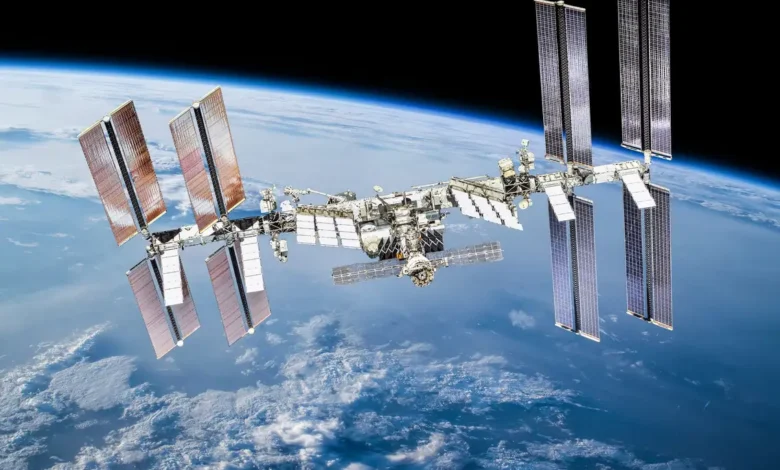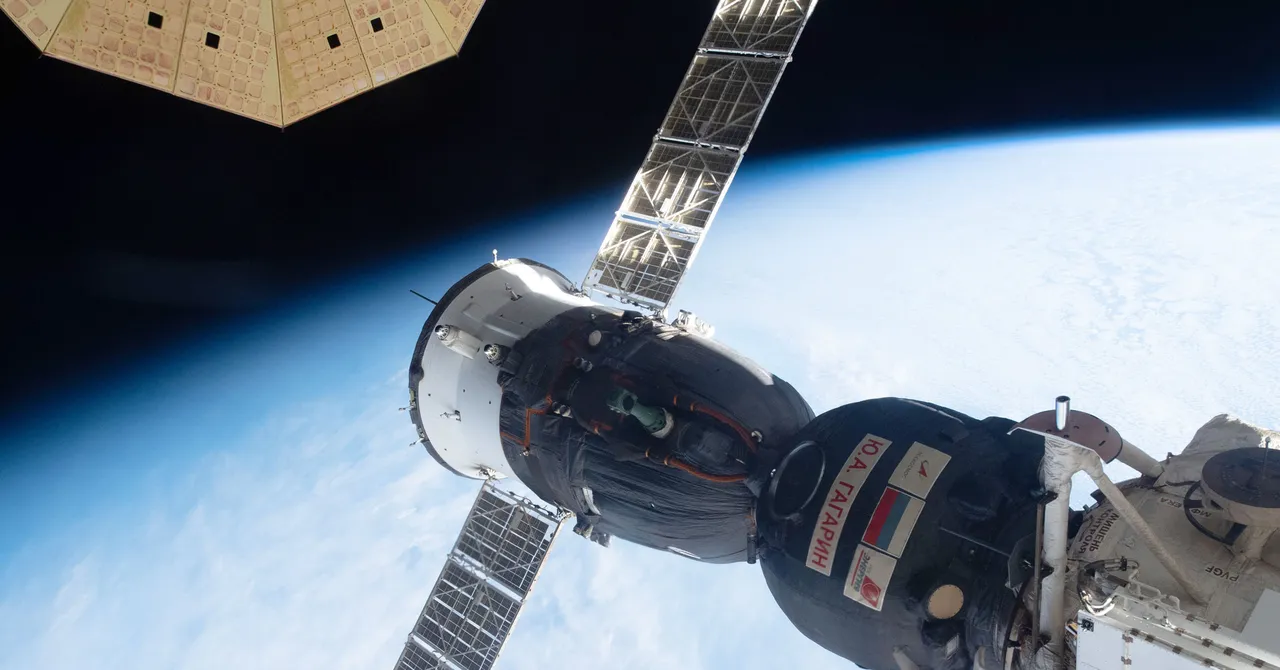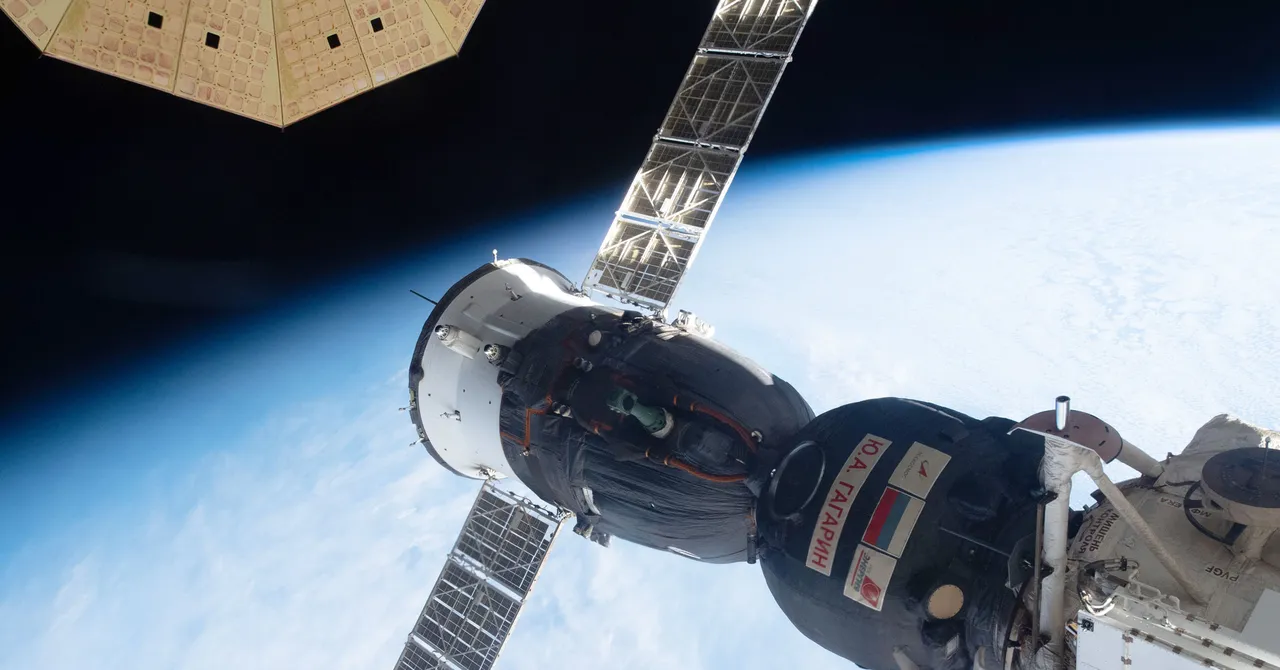
In this Article we discuss that, Russia’s Space Program is Having Serious Issues? Russia has a long-standing history of space exploration and has been one of the leading nations in the space race since the 1950s. However, in recent years, the country’s space program has been facing a number of challenges and issues that have raised serious concerns about its ability to maintain its position as a leader in the field. In this article, we will explore the problems plaguing Russia’s space program and their potential impact on the future of space exploration.
Russia History
One major issue has been a decline in funding for the program, which has led to delays in the development of new rockets and other technology. This has put Russia at a disadvantage in the increasingly competitive global space industry.
In addition, there have been technical issues with some of Russia’s spacecraft. For example, the country’s Phobos-Grunt mission to Mars in 2011 failed when the spacecraft became stranded in Earth’s orbit due to a propulsion system malfunction.
Russia has also experienced several accidents in recent years, including the explosion of a Proton-M rocket shortly after liftoff in 2013 and the loss of a Progress spacecraft during a resupply mission to the International Space Station in 2015.
Russia’s space program has been experiencing serious issues in recent years. In 2018, a Soyuz rocket carrying two astronauts had to make an emergency landing after a malfunction during launch. In 2019, a Soyuz capsule carrying a humanoid robot failed to dock properly with the International Space Station.
In addition to these incidents, there have been other issues such as delays in launching new satellites and problems with the aging infrastructure at the Baikonur Cosmodrome, which is Russia’s main launch site. There have also been concerns about the country’s ability to maintain its position as a leading space power, especially with the rise of competitors such as China and SpaceX.
Challenges

Russia’s space program has faced a number of challenges in recent years, including funding shortages, technical issues, and accidents.
These challenges have led to increased scrutiny of Russia’s space program and have raised questions about the country’s ability to compete in the global space industry. However, Russia has a long history of success in space exploration and continues to play an important role in international space cooperation.
Problems
These problems have led to questions about the future of Russia’s space program and its ability to continue to carry out important missions, such as resupplying the International Space Station and launching new scientific and exploration missions. The Russian government has pledged to address these issues and invest more resources into the space program, but it remains to be seen whether these efforts will be enough to keep Russia at the forefront of space exploration.
Overview of Russia’s Space Program
Before delving into the issues facing Russia’s space program, it is important to have a brief understanding of the country’s space history and current program. Russia’s space program, formerly known as the Soviet space program, has a long and illustrious history of achievements in space exploration. The country was the first to launch an artificial satellite, Sputnik 1, in 1957, and also sent the first human, Yuri Gagarin, into space in 1961. Since then, Russia has made significant contributions to space exploration, including launching the first space station, Mir, and sending numerous cosmonauts to space.
Currently, Russia’s space program is managed by the Russian Space Agency, also known as Roscosmos. The agency oversees all space-related activities in the country, including launching and operating satellites, conducting scientific research in space, and sending astronauts to the International Space Station (ISS).
Read More: How to Get Up to €7,000 to Buy an Electric or Hybrid Car in Spain in 2023
Issues Facing Russia’s Space Program

Russia’s space program has faced a number of challenges in recent years, including funding shortages, technical difficulties, and increased competition from other spacefaring nations. Here are some of the key issues facing Russia’s space program:
Funding Shortages: The Russian space program has suffered from chronic underfunding for many years, which has limited its ability to develop new technology and maintain existing infrastructure. In recent years, the government has increased funding for the program, but it still lags behind the budgets of other major spacefaring nations like the US and China.
Technical Difficulties: Russia has a long history of spaceflight and has developed many innovative technologies over the years, but it has also experienced a number of technical setbacks in recent years. For example, in 2019, a Soyuz rocket carrying a crew to the International Space Station failed mid-flight, forcing the crew to make an emergency landing.
Aging Infrastructure: Many of Russia’s space facilities and launch sites are aging and in need of upgrades. This has led to concerns about safety and reliability, especially given the country’s history of launch failures.
Competition from Other Countries: Russia was once a dominant player in the space industry, but it now faces stiff competition from other countries like the US and China. In particular, China’s rapidly expanding space program has raised concerns in Russia about its own ability to keep pace.
Brain Drain: Many of Russia’s top scientists and engineers have left the country in search of better opportunities abroad. This has led to a brain drain that has made it harder for Russia to develop new technology and maintain its position as a leader in the space industry.
Overall, Russia’s space program faces a number of significant challenges that will require a concerted effort to overcome. While the government has taken steps to increase funding and improve infrastructure, it will need to continue to invest in new technology and talent if it hopes to remain competitive in the global space race.
Despite its illustrious history, Russia’s space program has been facing a number of serious issues in recent years, including:
Funding Shortages
One of the biggest issues facing Russia’s space program is a lack of funding. According to experts, Roscosmos has been chronically underfunded for years, which has led to a number of problems, including delays in launching new satellites and maintaining existing ones. In addition, the agency has struggled to attract and retain top talent due to low salaries and a lack of resources.
Technical Failures
Another issue facing Russia’s space program is technical failures. In recent years, the country has experienced a number of launch failures and other technical problems, including a failed mission to launch a new satellite in 2019. These failures have raised serious concerns about the reliability and safety of Russia’s space program.
Aging Infrastructure
Russia’s space program also suffers from aging infrastructure, including launch sites, equipment, and technology. Many of the country’s launch sites are outdated and require significant upgrades to meet modern safety standards. In addition, Russia has struggled to develop new technology, relying instead on older, proven designs.
Read More: Affordable Price-Quality Options for Insulating Your Home in Spain
International Relations
Finally, Russia’s space program has also been impacted by the country’s international relations. Russia’s annexation of Crimea in 2014 led to sanctions from the United States and Europe, which have impacted the country’s ability to participate in international space projects. In addition, tensions between Russia and other countries, including the United States, have led to a decrease in cooperation and collaboration in space exploration.
Potential Impact on Space Exploration
The issues facing Russia’s space program have the potential to impact space exploration in a number of ways. If Russia is unable to address its funding and technical problems, it may struggle to maintain its position as a leader in space exploration. In addition, Russia’s aging infrastructure could pose a safety risk to astronauts and cosmonauts, as well as to people on the ground. Finally, a decrease in international cooperation could lead to a more fragmented and less effective approach to space exploration, potentially slowing down progress in the field.
Conclusion
Russia’s space program has a long and storied history of achievements in space exploration. However, in recent years, the program has been facing a number of serious issues, including funding shortages












One Comment